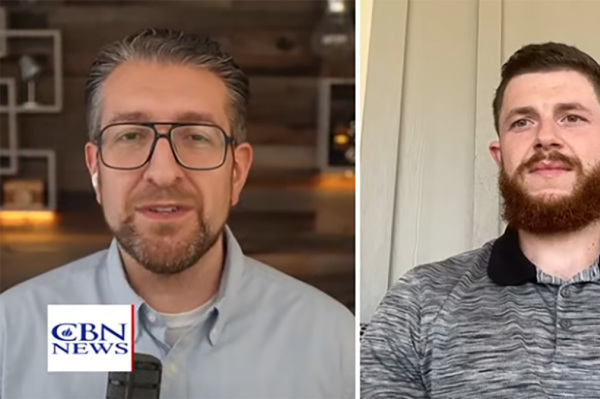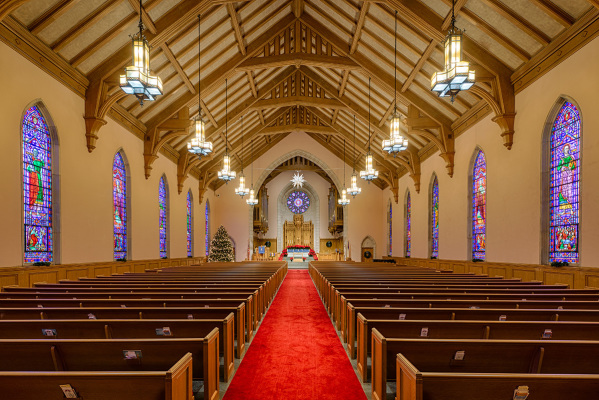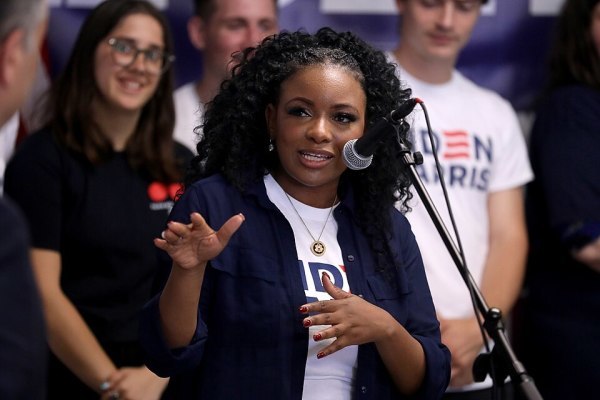Christian Leaders Urged to Speak Out for Climate Change Victims
Over 152 Christian leaders and development professionals from 38 countries are rallying church leaders, CEOs, and NGO and parachurch group directors around the world to join their call to world leaders ahead of critical climate change negotiations in Copenhagen this December.
The leaders, who drafted a statement last month while attending the Micah Network Global Consultation on Climate Change in Limuru, Kenya, are urging world leaders to take decisive action to secure an ambitious and fair climate deal this year in Copenhagen,.where they will seek to agree on a post-2012 climate agreement that will replace the current Kyoto protocol.
"Although climate change is affecting us all, it is having the hardest impact in the most vulnerable communities around the world, who have done the least to cause it. It is already responsible for 300,000 deaths a year and affects 300 million people, mainly in the developing world," the Christian leaders stated.
"We see the impacts of this in extreme weather events such as floods, droughts, storms and unpredictable rainfall within the communities we work with and the effects this is having on food security, access to water, livelihoods and biodiversity. All the indicators point to increasing frequency and severity of these events and their impacts," they added.
"We cannot ignore their plight – our God calls us to speak out."
According to the United Nations Framework Convention on Climate Change, 2009 is a crucial year in the international effort to address climate change.
In December, national government delegations who agreed to shape an ambitious international response to climate change in 2007 will be meeting for the end-of-the-year summit in Copenhagen after several rounds of negotiations – the most recent of which, in June, concluded with the completion of the first rough sketch of a new global warming agreement.
U.N. climate delegates will be gathering for the next round of talks later this month, when the roughly 200-page second draft is expected to be whittled down to a more manageable size following decisions by political leaders.
According to some scientists, industrialized nations must cut emissions by 25 to 40 percent from 1990 levels by 2020 to prevent climate disasters, such as coastal flooding from rising sea levels, severe weather events, and variations in rainfall and temperatures that will affect agriculture and wipe out species of plants and animals.
Under the current Kyoto Protocol, 37 industrial countries are required to cut emissions a total 5 percent from 1990 by 2012. The World Wildlife Fund for Nature calculated that the current declarations from wealthy countries amount to a total emissions cut of just 10 percent by 2020.
In their recent statement, the Christian leaders who met in Kenya last month said they especially call on developed countries to agree to cut their emissions by at least 40 percent by 2020 and to urgently commit to providing at least $150 billion a year of additional funding to help developing countries adapt, reduce their emissions, protect their forests and develop sustainably.
"As Christian leaders we believe there is a moral, spiritual and economic imperative to tackle climate change," they explained.
"We accept that we must all take responsibility but call on you to show leadership to ensure an agreement is reached which can sustain the earth for many generations to come," they intend to tell world leaders after gathering more signers by Sept. 15.
The leaders plan to release the statement to the media in late September ahead of the UN General Assembly on Climate and circulate copies to key governments involved in the negotiations.
According to the group, the end-of-the-year summit will be when world leaders face "the true test of global leadership."
"We call on leaders to work for a strong climate deal that will keep global temperature increase as far below two degrees as possible – the threshold over which climate change impacts will become overwhelming, and reduce emissions by at least 80% (on 1990 levels) by 2050," they state.
Leading the effort is the Micah Network, an evangelical group of over 330 Christian relief, development and justice organizations from 81 countries.






















